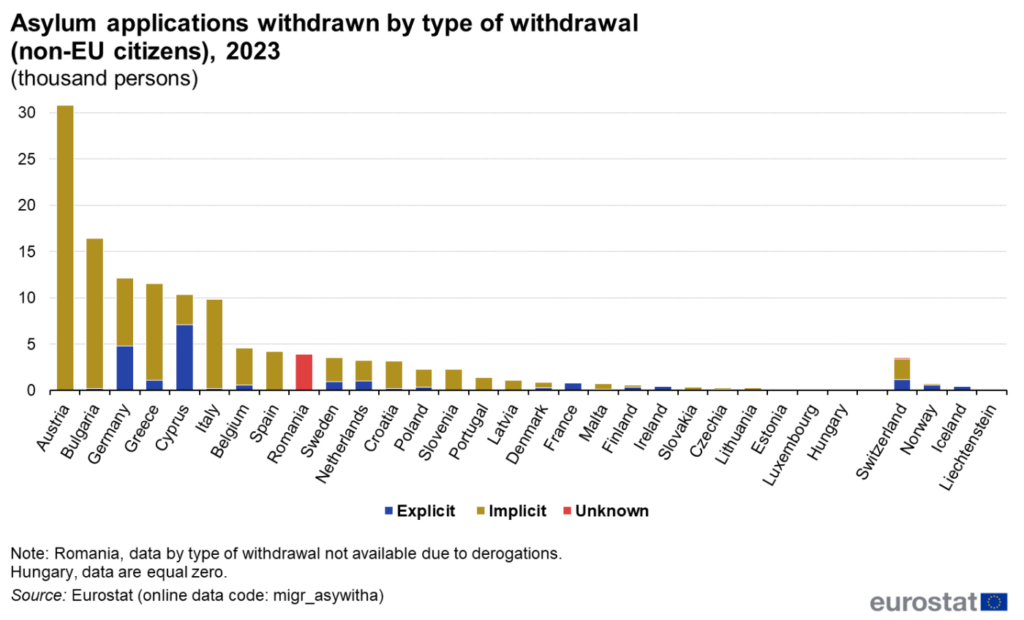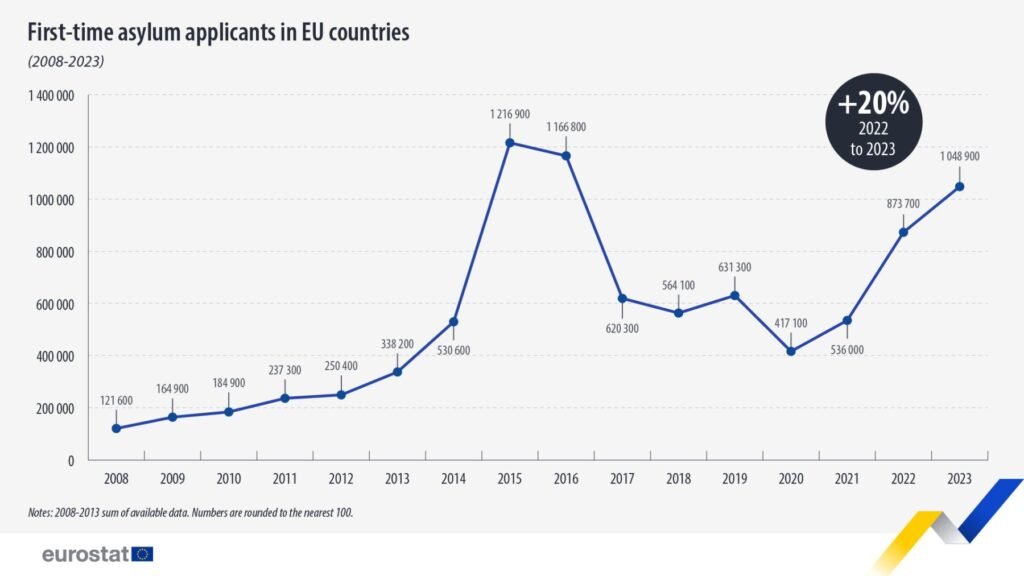Refugees have existed worldwide for centuries, often fleeing unimaginable hardships to seek safety and a better life. Today, over 130 million people are forcibly displaced across the globe. While the sheer scale of this crisis can seem overwhelming, individual efforts can make a significant difference.
Many people are eager to help but are unsure how to offer practical assistance beyond monetary donations or participating in local emergency efforts. In reality, there are numerous ways to support refugees from various backgrounds, both in the short and long term.
First we Understand then we Help
To help refugees effectively, it’s important to know who they are. The term “refugee” often comes up in news and conversations, but it can be confusing to differentiate them from other migrants.
Refugees are people who have been forced to leave their home country because of war, conflict, persecution, or instability. They often have to leave behind their families and belongings. According to the 1951 Refugee Convention, a refugee is someone who cannot return to their home country due to a well-founded fear of being persecuted for reasons such as race, religion, nationality, membership in a particular social group, or political opinion.
Unlike other migrants who might move for work, study, or to join family, refugees are compelled to leave their country for their safety. Although the lines can sometimes blur—for example, someone might move to escape economic or political instability—they must prove they are being persecuted on specific grounds to gain refugee status.
The terms “refugees” and “asylum-seekers” are often used interchangeably but mean different things: refugees have been legally recognized as needing protection, while asylum-seekers are still waiting for their status to be determined. Internally displaced people (IDPs) are those who have fled their homes but remain within their own country.
A few facts
Syria remains a significant source of refugees, with over 12 million people displaced since the civil war began in 2011. Other countries with high numbers of refugees include:
• Venezuela (7.7 million)
• Afghanistan (2.7 million)
• South Sudan (2.3 million)
Additionally, around 5 million Palestinians are refugees or IDPs.Nearly one-third of the registered Palestine refugees, more than 1.5 million individuals, live in 58 recognized Palestine refugee camps in Jordan, Lebanon, the Syrian Arab Republic, the Gaza Strip and the West Bank, including East Jerusalem.
Conflicts in other regions have also resulted in significant casualties and displacement.
Over 1.2 million refugees from Ukraine due to the Russian invasion were recorded in Russia as of June 30, 2023. Furthermore, 956,635 refugees were present in Poland after having fled Ukraine as of December 15, 2023. In total, around six million Ukrainian refugees were registered across Europe and 6.5 million worldwide as of February 2024. Most of them fled the country by crossing the border with Poland
How can we Help
If you want to truly help refugees, start by learning about their lives and struggles. Understand who they are, where they come from, the hardships they face on their journey, and how they are treated when they arrive.
Unfortunately, there’s a lot of misinformation out there, especially in the media and on social platforms. This can sometimes even come from politicians. For example, during the 2015 refugee crisis, the UK press was particularly harsh, and social media sites like Facebook have been known to spread harmful falsehoods.
To get the real story, look to trusted sources like refugee support organizations, global groups like UNHCR and Amnesty International, and fact-checking sites like Media Bias/Fact Check. Reliable news outlets such as the New Humanitarian and InfoMigrants provide valuable insights, while personal stories can be found through Refugee Action’s Refugee Voices and the International Rescue Committee’s Stories of Welcome
How We Can Make a Difference
Once we’ve educated ourselves and debunked the myths, there are many heartfelt ways to support refugees. You can contribute to organizations like UNHCR, Amnesty International, or the International Rescue Committee, which provide crucial help to those in need. Donating clothing, household items, and other necessities to local and global initiatives can also make a significant impact. If you have some free time, consider volunteering with a charity that aids refugees, as your efforts can profoundly affect their lives. Some organizations even facilitate hosting refugees in private homes, offering them a safe and welcoming environment. Additionally, advocating for better refugee rights by supporting policies and laws that protect them and raising awareness about their challenges is essential.
It’s important to debunk common myths about refugees to foster a more understanding and supportive environment. Contrary to popular belief, the 1951 UN Refugee Convention does not require refugees to claim asylum in the first safe country they reach. Asylum-seekers typically receive less in cash benefits and have limited accommodation choices compared to other residents. While many assume that most refugees aim to reach wealthy countries like the UK, US, or France, the reality is that 85% of refugees are in developing countries, with 73% residing in neighboring countries.


The process of claiming asylum and obtaining refugee status is far from easy, with around 60% of asylum applications in EU countries being rejected. Additionally, the notion that most refugees are fit young men is misleading; approximately 50% of all refugees are women, and by early 2016, over half of Syrian refugees in Europe were women and children.
Every small act of kindness can make a big difference in the lives of refugees.









